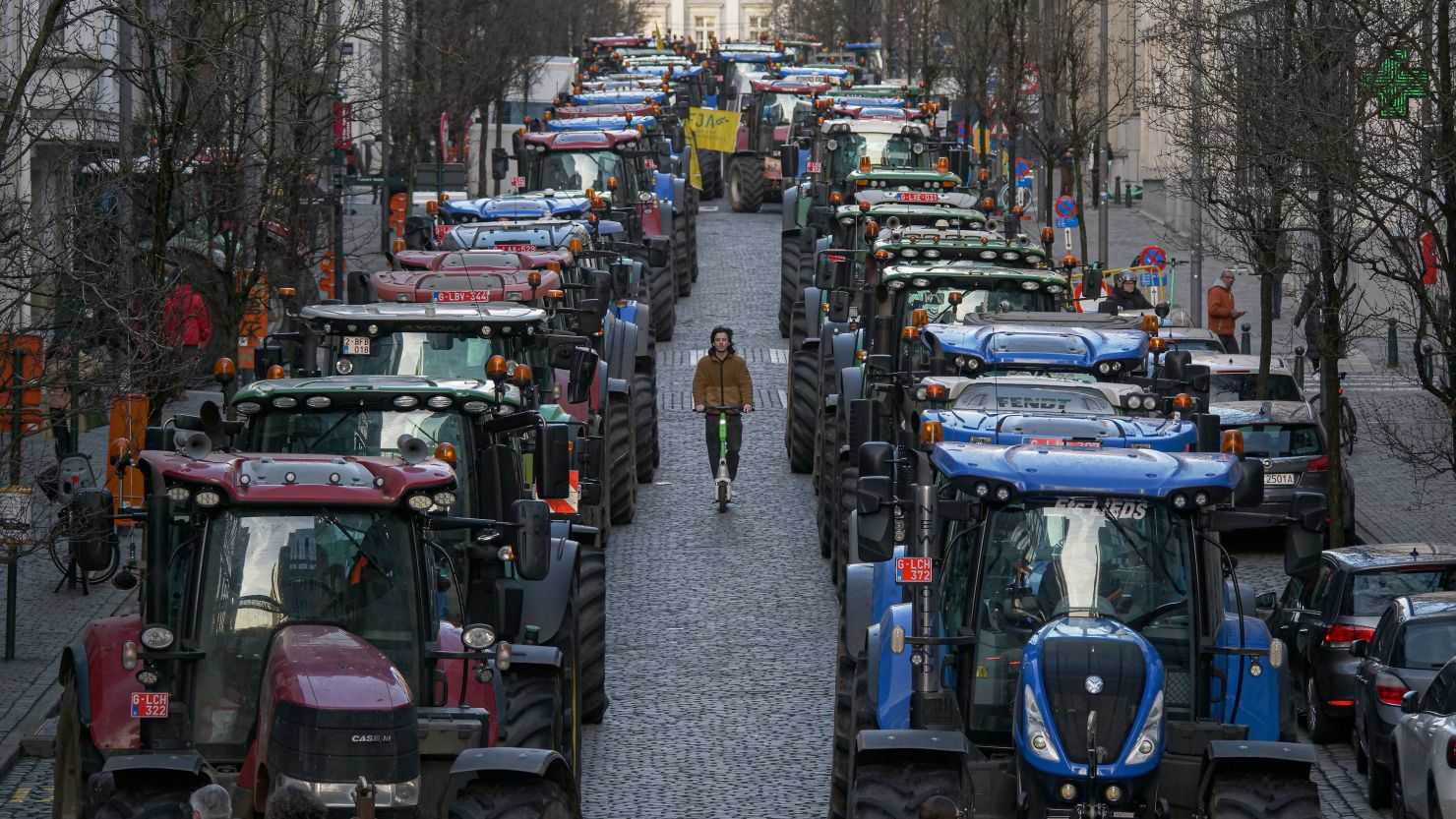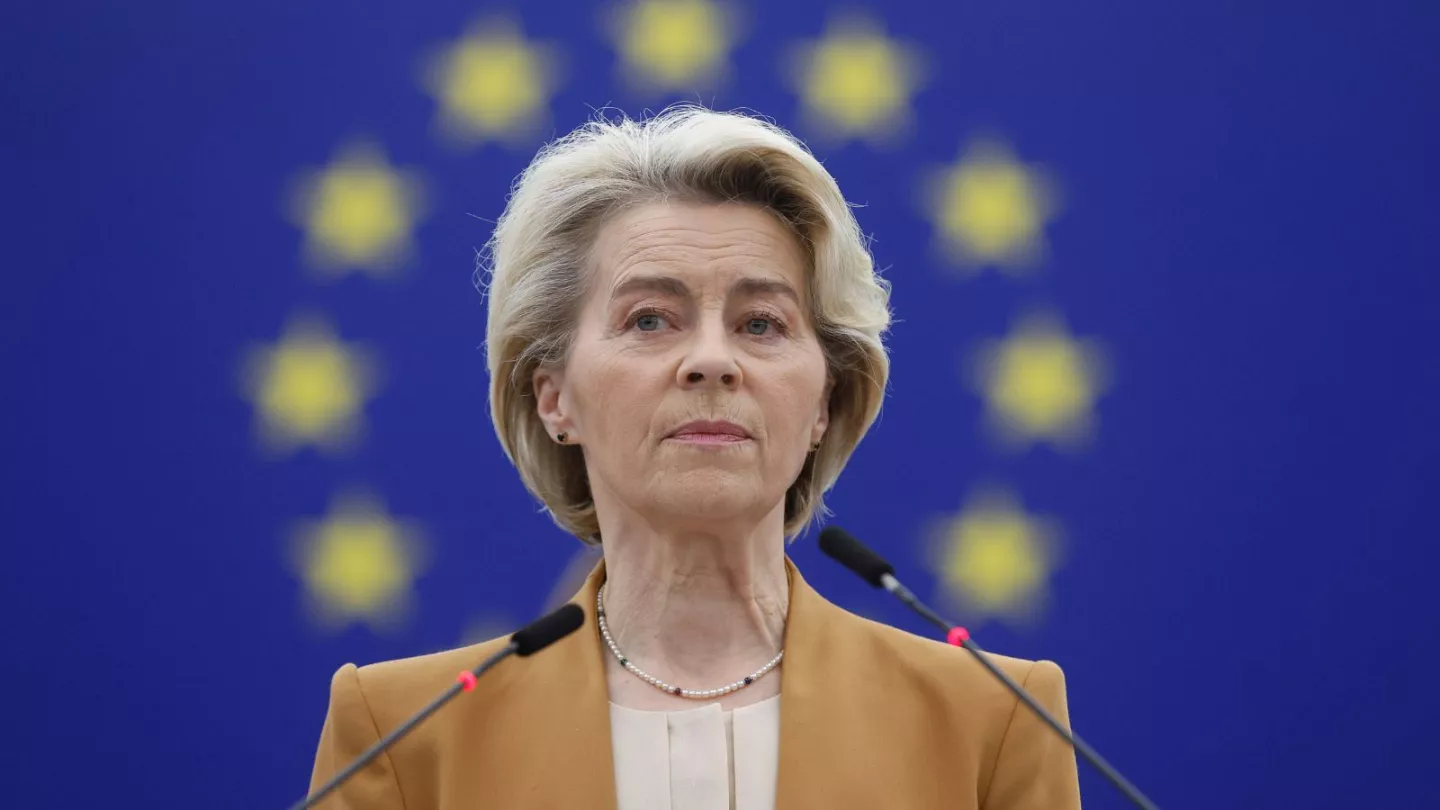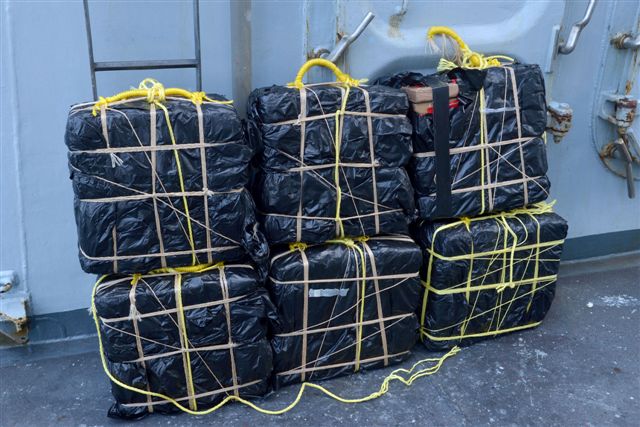Across the European Union, a wave of farmer protests has swept through countries including France, Germany, Belgium, Spain, Italy, Lithuania, Greece and Romania, signaling deep-seated frustrations within the agricultural sector. These protests, while varied in their specific grievances, share common themes of economic distress, environmental concerns, and opposition to EU agricultural policies.
In France, farmers have taken dramatic action by blocking major highways with tractors, a vivid demonstration of their struggle against price pressures, taxes, and green regulations. The French government's attempts to address these concerns, including scrapping a diesel tax increase and pledging financial support, have yet to quell the unrest fully.
Germany has seen its share of farmer discontent, primarily focused on the phasing out of tax breaks on agricultural diesel. German farmers argue that such measures threaten their financial viability, pushing them towards bankruptcy. Despite a week of national strikes, the government's response has been viewed as insufficient by the farming community.
Belgium, particularly in Brussels, has experienced protests that, while not new, have intensified. Farmers have historically protested EU agricultural regulations by dramatic means, such as spraying buildings with milk or bringing cattle into the city streets. These actions underscore the agricultural sector's long-standing skepticism towards EU policies perceived as detrimental to their livelihoods.
Romania's farmers have voiced their opposition against high diesel prices, insurance rates, and EU measures, alongside competition from Ukrainian agricultural imports. The influx of cheap Ukrainian goods, facilitated by the EU's temporary lifting of import restrictions, has exacerbated economic pressures on local farmers, leading to widespread protests.
These protests across the EU highlight a collective outcry against what is seen as an unsustainable agricultural policy framework. Farmers are particularly aggrieved by the Common Agricultural Policy (CAP) reforms, which aim for greater sustainability but are perceived as undermining the competitiveness of European agriculture. Measures such as the obligation to devote a portion of arable land to non-productive features and reduce fertilizer use have sparked fears of reduced productivity and financial hardship.
Amidst this backdrop of agricultural unrest, extremist parties across the EU are seeking to politically capitalize on the farmer protests. There are concerns and discussions about the indirect involvement of Russia, particularly in how information about the protests is disseminated online. The narrative pushed by these parties and the potential external influence aim to deepen divisions within the EU, leveraging the genuine grievances of farmers for broader political gains. This development adds a layer of complexity to the protests, intertwining economic, environmental, and geopolitical threads in a volatile mix.
Moreover, the backdrop of Russia's invasion of Ukraine has added a layer of complexity, with the war disrupting traditional trade routes and leading to an oversupply of Ukrainian agricultural products in the EU market. This has further strained the agricultural sectors in neighboring countries, pushing prices down and fueling discontent.
The farmer protests across the EU are a manifestation of broader concerns about economic viability, environmental sustainability, and the impact of global geopolitical events on local agriculture. As these protests gain momentum, they highlight the need for a balanced approach that addresses the economic realities of farming, environmental concerns, and the challenges posed by global market dynamics.
In conclusion, the unrest in the fields of Europe is a call to action for EU policymakers. It underscores the urgent need for policies that support the agricultural sector's economic sustainability while advancing environmental goals. As the EU navigates these turbulent waters, the voices of its farmers—a vital component of the bloc's economy and social fabric—demand attention and meaningful action. The involvement of extremist parties and the shadow of external influences only underscore the urgency and complexity of finding a resolution that addresses the root causes of the protests.









